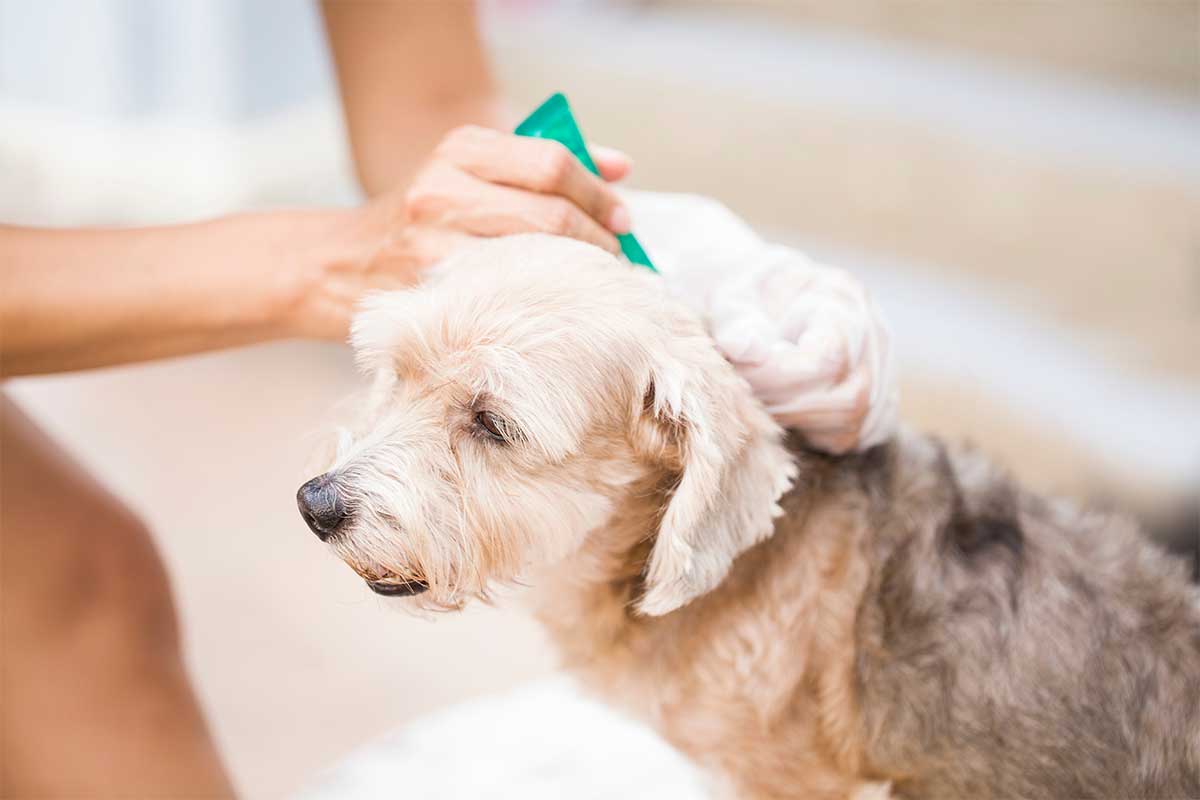
One would be hard-pressed to find a more loving environment than the Animal Welfare League of Arlington for the many sick and abandoned kittens born locally over the summer months. “There was this couple [Ted and Willa Lutz] who had a $25,000 donation they wanted to make,” Chelsea Lindsey, communications specialist for the AWLA, says. “Our former CEO, Neil [Trent], told them about this project that we’d had in the back of our minds for a while. It’s something that any shelter would love to have.” The project Lindsey is referring to is the AWLA’s new kitten ICU, nicknamed the Kitten Academy, for neonatal and critically ill kittens less than 8 weeks old. The presence of specialized kitten care is crucial for a good portion of the 20 to 30 abandoned kittens that arrive at the AWLA each month, and as Lindsey points out, this number is far greater in both rural and more densely populated areas. Thus, the shelter hopes that the Kitten Academy might someday allow them to take on extra kittens from jurisdictions struggling to provide the proper care and attention that they need to survive.
“For neonatal kittens, the purpose of the nursery will be to take them in overnight in the event that a trained foster can’t be found because kittens that are under 3 weeks old need pretty much round-the-clock care,” Lindsey says. This care includes diligent bottle-feeding every two to three hours and a delicate process involving a wet wipe that incentivizes the motherless kittens to go to the bathroom. Additionally, the nursery will also be put to use as a critical care wing for sick kittens under 8 weeks old. “So if we get kittens with severe upper respiratory or digestive issues, we can remove them from the litter and have them be under constant supervision in incubators and on nebulizers,” she says. Everything, even the striking lime-green paint on the walls, was chosen for being exceptionally nonirritating and kitten-friendly.
The AWLA is not currently accepting volunteers to help out within the nursery itself due to the intensive amount of training required to care for its fragile patients; however, the shelter is actively recruiting volunteer fosters to take in kittens after they are deemed stable enough to be released. “We really, really need people who are trained to take care of bottle babies in their homes,” Lindsey adds. She also mentions that the AWLA holds informational classes for prospective fosters every month. The kittens stay in foster care until they are 8 weeks old and at least 2 pounds, at which time they are spayed or neutered and put up for adoption. For those who may not have the time or the resources to house these adorable kittens, the AWLA has an extensive Amazon wish list on its website with links to items that will help the Kitten Academy stay up and running in the future. Lindsey realizes that the new nursery can’t promise to save every ailing kitten that enters its doors, but considering the amount of dedication and love that has been poured into this venture they have an undeniably better fighting chance.




